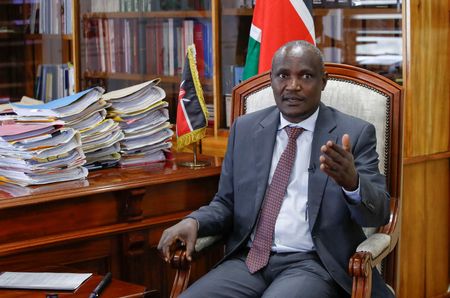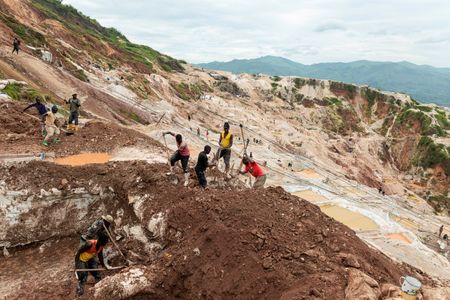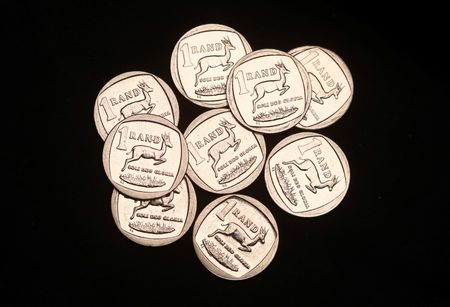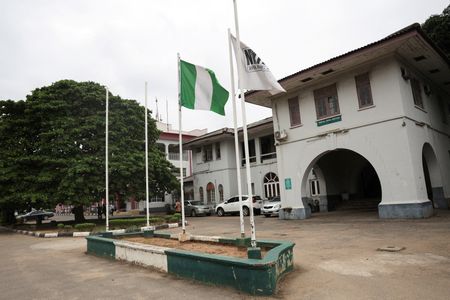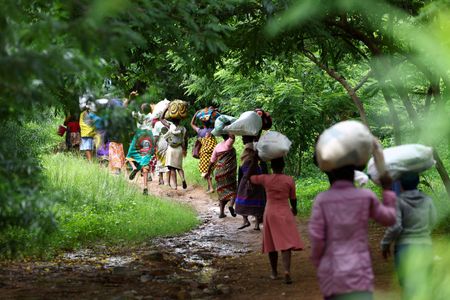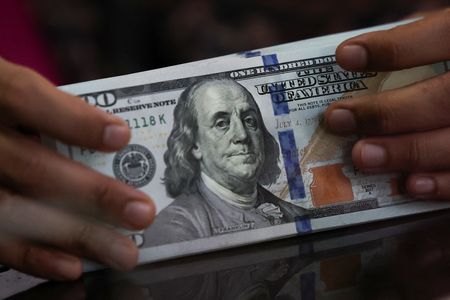By Duncan Miriri
NAIROBI (Reuters) -Kenya has already started talks with International Monetary Fund officials to secure a new lending program when the current one expires in April, its finance minister told Reuters on Wednesday.
The East African nation needs continued support from the Washington, D.C.-based lender to keep its economy on track after its debt-servicing costs surged due to a borrowing spree over the past decade. The government abandoned a plan to raise revenue via tax hikes last year in the wake of deadly protests.
“Maybe before the current program comes to a close in April, there should be some indicators whether we are starting a new program and what that new program will entail,” John Mbadi said.
A $1.5 billion commercial loan from the United Arab Emirates, at an 8.25% interest rate, was still an option for the government to fund its budget this fiscal year, he said, but officials are also considering other sources, including issuing a Eurobond.
“We have the option of taking that… or we go to the market which is open now, and with our good and positive credit,” he said, referring to a recent revision of Kenya’s outlook to “positive” from “negative” by Moody’s Investor Services.
The decision by the administration of U.S. President Donald Trump to freeze foreign aid could hit Kenya hard, as it lacks the fiscal space to replace the funding, Mbadi said, adding that he hoped the United States would reconsider.
“We don’t have that fiscal space… We will have to rearrange the budget and re-channel the domestic resources,” he said.
Mbadi, who was appointed to the post last August as President William Ruto propped up his government following weeks of deadly protests, said the government will not raise income taxes to prevent further erosion of employees’ purchasing power.
The government has managed to stabilise economic fundamentals, with inflation sliding and yields on Treasury bills falling into single digits, Mbadi said.
The economy is expected to grow by 5.3% this year from an estimated 4.6% last year, mainly due to higher agricultural production, the minister said.
The government was keen to see lower lending rates in the economy in order to spur lending and economic activity.
But there was a lot to be done to ensure citizens understand the initiatives authorities are putting in place to boost growth, to avert the discontent that sparked protests last year, Mbadi said, adding they are trying new ways to reach out.
He attended a citizens-organised public meeting in an open-air park in Nairobi earlier this week to talk about the government’s management of the economy, and he is planning similar engagements throughout the country in the coming months.
“We must be more transparent, communicate to Kenyans,” he said.
(Reporting by Duncan Miriri; Editing by Libby George, Hugh Lawson and Andrea Ricci)

